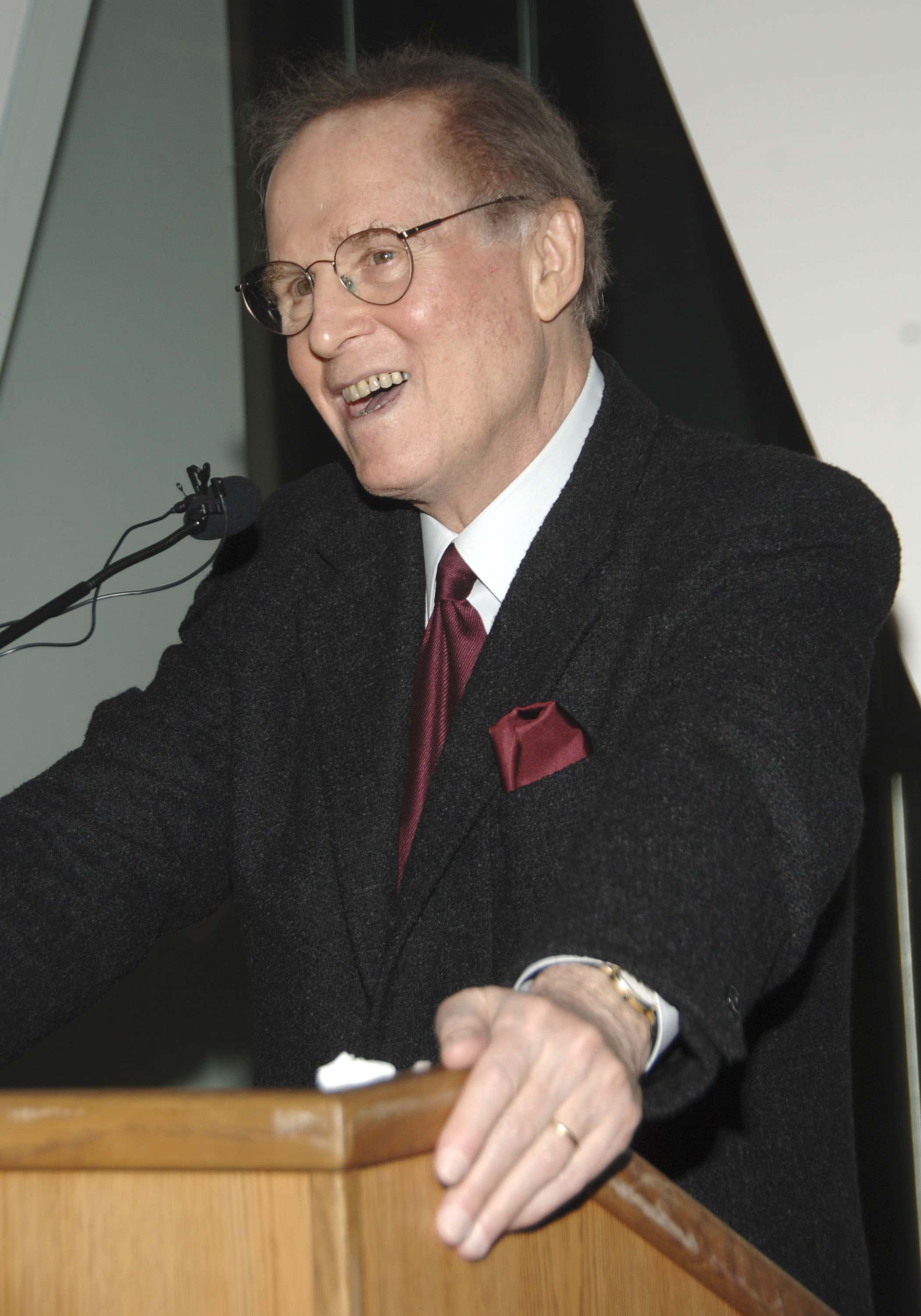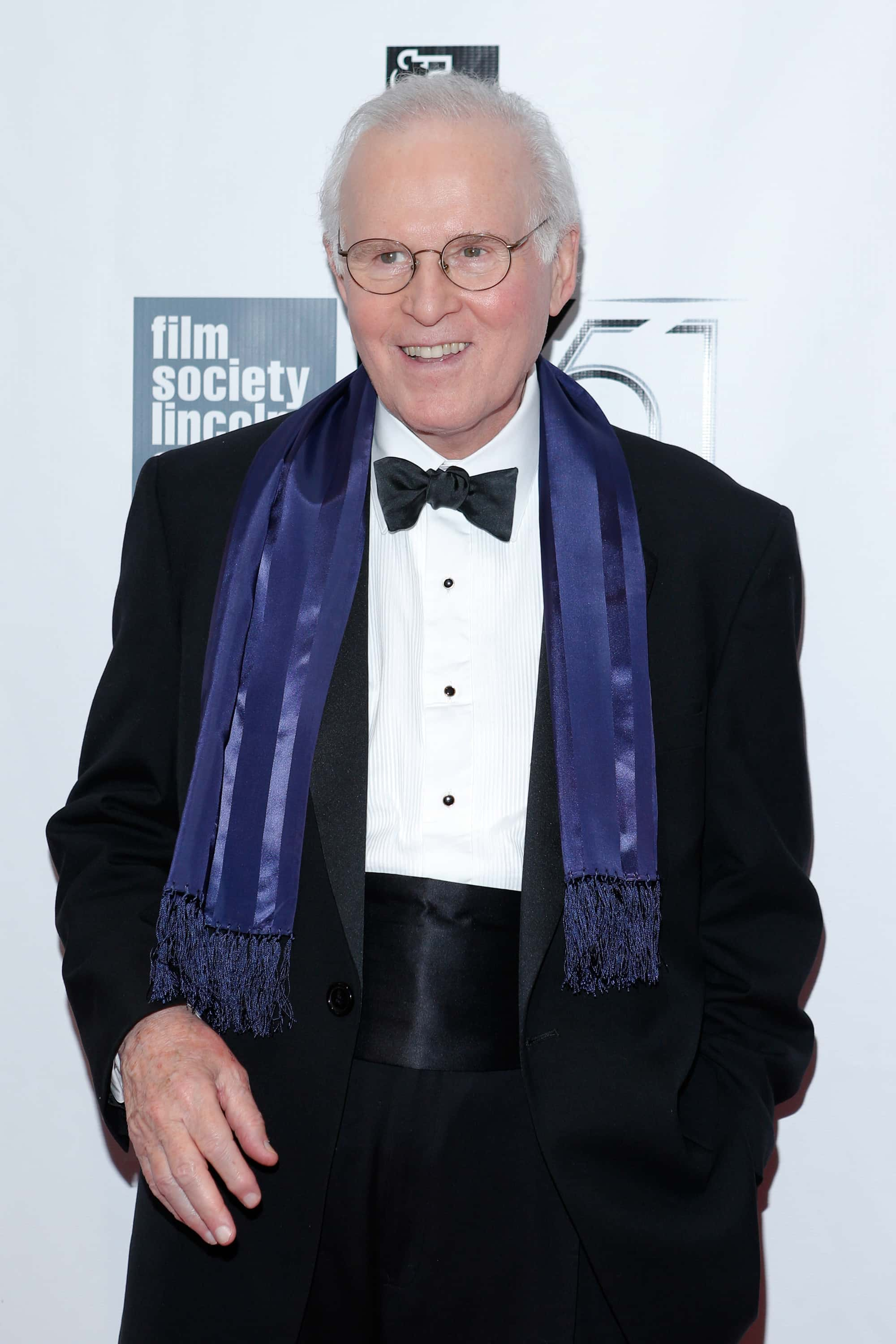Charles Grodin: Rockefeller Drug Laws to Felony Murder Rule, late actor was an advocate for social causes

Charles Grodin,86, died peacefully at his Connecticut home after a long battle with bone marrow cancer on Tuesday, May 18. In his longstanding career in entertainment, Grodin donned many hats on and off-camera. He was an actor, comedian and was the host of 'The Charles Grodin Show' on CNBC, a show that everyone loved because of his churlish act.
Grodin was also a huge name on Broadway. He starred with Ellen Burstyn in the Broadway play 'Same Time, Next Year' which was about a couple married to others, meeting once a year for carrying on an annual affair. Grodin also wrote and directed plays. He was also a columnist for the New York Daily News and provided commentary for the newsmagazine '60 Minutes II'. Alongside his career as an entertainer, Grodin was also an activist and worked tirelessly for many social causes including playing a role in exonerating wrongfully imprisoned people.
READ MORE

Revised Rockefeller Drug Laws and Felony Murder Rule
After retiring from full-time acting, Grodin dedicated his time and efforts to work towards revising a number of laws including the Rockefeller Drug Laws and Felony Murder Rules. The former was passed in 1973 when the drug market was soaring and it made selling two or more ounces or possessing four or more ounces of a “narcotic drug” punishable by prison terms of 15 years to life, often with no hope of parole.
Grodin believed this affected Black and Latina women who were often drug mules and not the dealers themselves. He appealed for clemency for Elaine Bartlett, a 26-year-old mother of four children - all under eight years old. In 1983 she agreed to deliver four ounces of cocaine to a buyer in Albany in lieu of a much-needed $2,500. Her contact turned out to be a police informer and she was sentenced to 20 years in prison, despite no prior criminal record. She walked out of prison in 2000 after 16 years behind bars; Grodin's lobbying had helped her receive clemency from former New York governor George Pataki.

Grodin also worked toward reversing the Felony Murder Rule. "The felony murder rule is a rule that allows a defendant to be charged with first-degree murder for a killing that occurs during a dangerous felony, even if the defendant is not the killer," according to Justia. A case that Grodin described in this regard was of Florida resident Ryan Holle who was sentenced to life in prison without parole after he lent his car to his friends who carried out a robbery at a marijuana dealer's home and bludgeoned his daughter. Grodin in a letter wrote, "Ryan’s case is a travesty of justice. This man does not belong in prison." He also harbored the belief that the “biggest criminal is the American justice system because of the number of people whose lives have been taken away.”
Born Charles Sidney Grodin in Pittsburgh on April 21, 1935, Grodin made his movie debut in Roman Polanski's film 'Rosemary's Baby' in 1968. His role as the duped obstetrician Dr CC Hill who turns Mia Farrow’s Rosemary over to a coven of witches was small but his brilliance served as a stepping stone towards his career as a leading star. His first big role came in the 1972 movie 'The Heartbreak Kid' which cemented his position in the world of movies and the dry-wit act he put on became his signature.
Grodin is survived by his wife of 38 years, author Elissa Durwood Grodin, their son Nicholas, daughter-in-law Aubrey and granddaughter Geneva, and daughter Marion by a previous marriage. His family has urged fans to donate to the Innocence Project in his memory.










